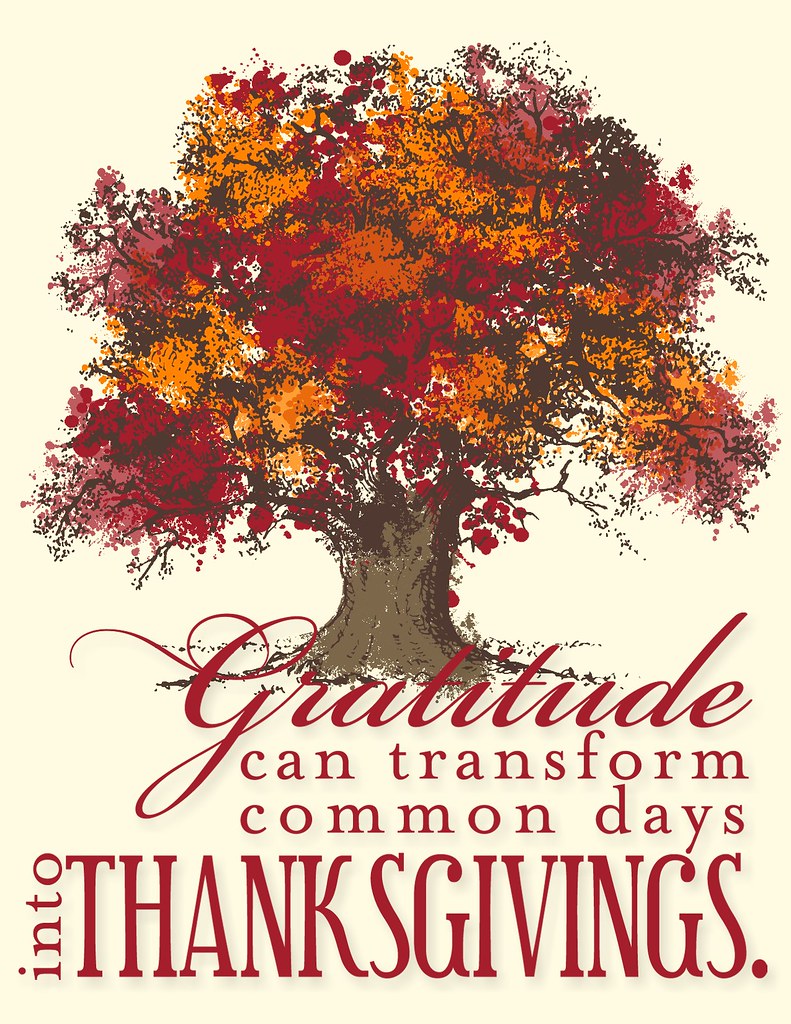
Visit the library's calendar of events to see what fun events are around the corner! You can also view a list of upcoming library events and workshops here.
In honor of Native American Heritage Month, be sure to check out the library's Native American Studies Research Guide. The guide is designed to introduce researchers to the resources available on Native American Studies with a geographic focus on North America, including books, articles, and primary sources. It is intended to be a starting point for research.
These are just a few of the celebrations occuring this month!
Upcoming changes to the Library's hours of operation:
Due to the Thanksgiving holiday, the library will have the following altered hours of operation:
Wednesday, November 26: 8am to 12pm
Thursday, November 27 through Saturday, November 29: CLOSED
The library will resume normal hours of operation on Sunday, November 30 from 1pm to midnight.
 Unravel the Noise: Embrace the Journey, Discover Truth, Build Connection
Unravel the Noise: Embrace the Journey, Discover Truth, Build Connection
Monday, November 10th from 3 to 4pm
Computer Room 202, Library
Learn to identify fake news, understand the impact of misinformation, and develop critical thinking skills to navigate today's complex information landscape during this workshop led by Student Success Librarian, Bryant Moore. RSVP in JagSync.

Get excited for the release of Wicked: For Good in a few weeks by joining the University Library for a showing of Wicked. Snacks and blankets are welcome.
Thursday, November 13th
7:30 - 10:15pm
Multipurpose Events Room, Business Library Hall
RSVP in JagSync

It's the little things that make fall feel warm and wonderful. The next time you're in the library, stop by the bulletin board in the first floor alcove near the comics and graphic novels collection to draw or write about the small joys that brighten your day.
Need to destress before finals? Stop by the library to get your craft on and make some holiday crafts and cards. We'll provide the supplies, just bring your creativity! Plus, we'll have a special guest appearance from Scout, the University's victim assistance dog in training. RSVP in JagSync.
Tuesday, December 2nd from 2 to 4pm
Computer Room 202, Library


Please visit our calendar for a day by day breakdown of the library's hours of operation.
Looking for a quiet place to study or a space to collaborate with group members? The library has lots of study rooms to fit your needs. Visit this calendar to select the date/time you wish to reserve your room.